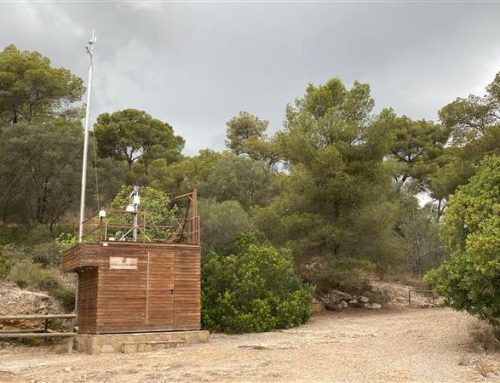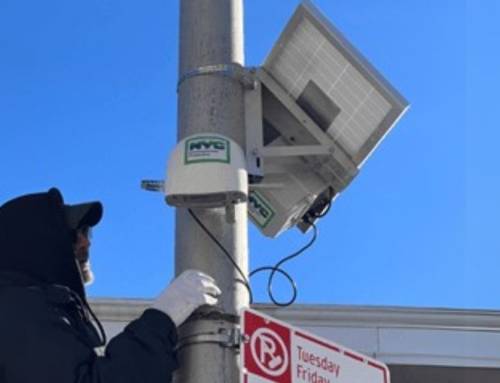dnota bets on LEZs
By the end of 2023, all Spain municipalities with more than 50,000 inhabitants, as well as island territories, will have to establish a Low Emissions Zone (LEZ). This obligation will also be extended to those municipalities with more than 20,000 inhabitants when the pollution levels set forth in Royal Decree 102/2011, of January 28, on the improvement of Air Quality are exceeded.
dnota has been betting on Air Quality Control in the reference stations installed in all the Spain Regions, being the leading company in the sector.

Promoting Sustainable Mobility
Air quality monitoring in the LEZs will allow municipalities to promote sustainable mobility measures.
dnota can also help to monitor air quality in other areas of the city, such as schools and health centers, which are particularly sensitive areas in the event that pollution levels are exceeded.
dnota specializes in environmental control in water, air and noise, and has more than 160 employees throughout the country. The company has experienced significant growth in recent years and is positioned as one of the leading companies in the sector.
bettair® node
Since last November, dnota entered the capital of Bettair Cities, with the intention of becoming an operator capable of providing traditional air quality services, as well as solutions with a novel technology that allows mapping urban air pollution with high accuracy on a previously unimaginable scale.
For air quality monitoring in Low Emission Zones, dnota provides bettair® static nodes, which measure all air quality indicators, NO2, NO, CO, O3, SO2, H2S, CO2, PM10, PM2.5, PM1.0, as well as ambient noise level, and meteorological parameters, with wireless connectivity, can be integrated into any platform.




